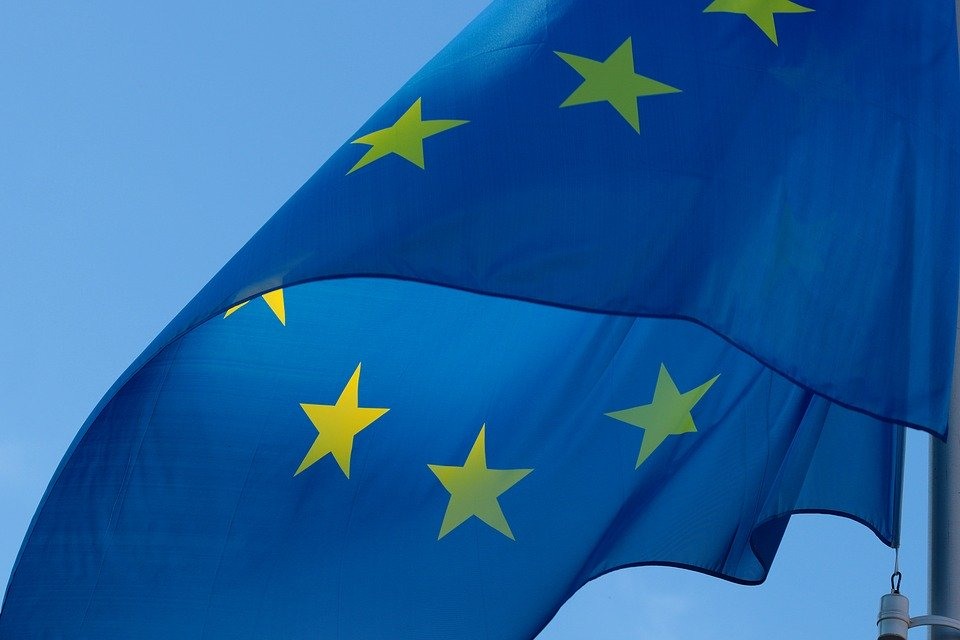Controversial Rules Passed by EU Parliament Bans Crypto Transactions From Self-Hosted Wallets

On Thursday, March 31st, the European Union (EU) parliament voted in favor of new rules calling for the crackdown of unheated and non-custodial cryptocurrency wallets. The ECON and LIBE committees voted to outlaw anonymous crypto transactions in the region.
The proposals will extend to anti-money laundering (AML) requirements and will further extend to conventional crypto payments over EUR 1,000. Also, for transactions coming from unheated and self-hosted wallets, the exchanges will have to identify the senders and recipients of even the smallest crypto transactions. If the exchanges fail to comply, they might be cut-off from the traditional financial system causing liquidity crunch.
The EU parliament members have asked banking authorities to create a register of high-risk businesses and services involved in crypto. Speaking on this matter, Spanish MEP Ernest Urtasun said:
“Illicit flows in crypto assets move largely undetected across Europe and the world, which makes them an ideal instrument for ensuring anonymity. As illustrated by all the recent money-laundering scandals, from the Panama Papers to the Pandora Papers, criminals thrive where rules allowing for confidentiality allow for secrecy and anonymity. With this proposal for a regulation, the EU will close this loophole”.
But not all lawmakers are in favor of the newly proposed rules. Members of the center-right European People's Party (EPP) have opposed these controversial changes. EPP economic spokesperson, Markus Ferber, said: “Such proposals are neither warranted nor proportionate. With this approach of regulating new technologies, the European Union will fall further behind other, more open-minded jurisdictions.”
Besides, popular crypto exchanges like Coinbase have been objecting to this from a while. Paul Grewal, chief legal officer at cryptocurrency exchange Coinbase said that cash remains the way to hide illegal financial activity.
Grewal said that the new rules mean that individuals cannot take out their assets from their crypto wallets to send it to someone else until they share their personal data “Not only is this verification requirement nearly impossible to do but requiring exchanges to engage in extensive data collection, verification and retention about non-customers runs against core EU data protection principles of data minimization and proportionality,” Grewal added.


